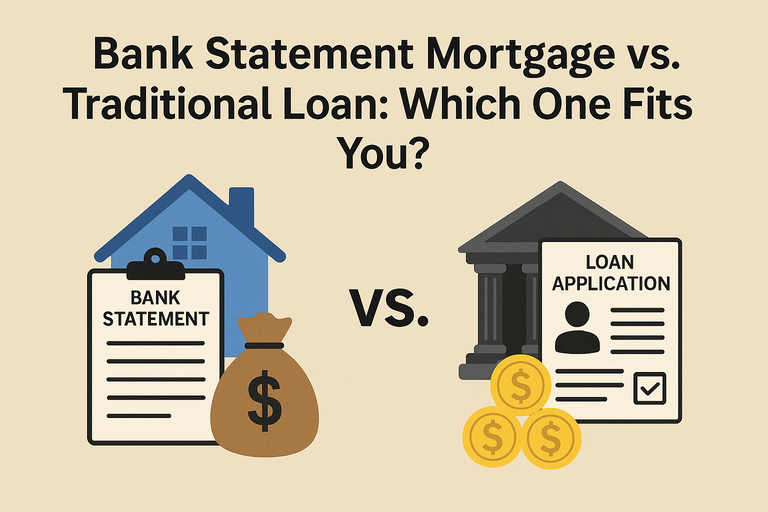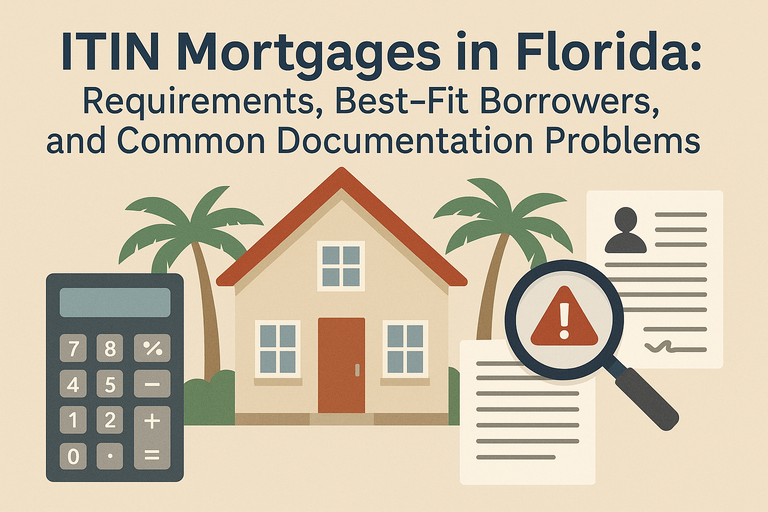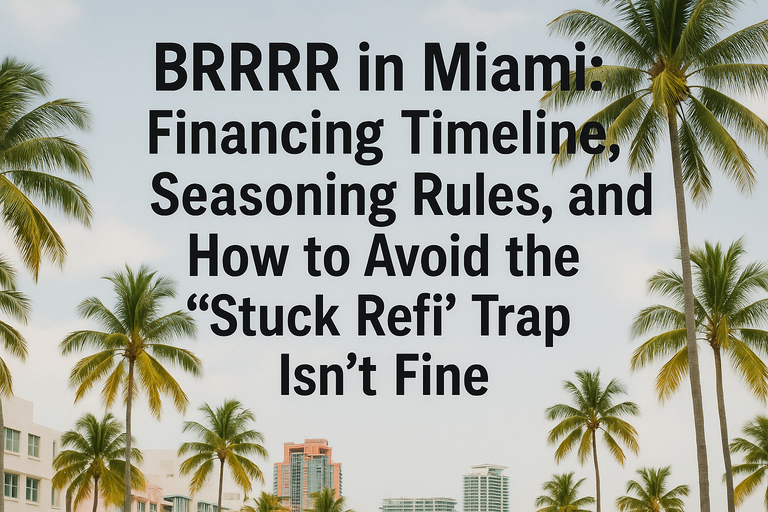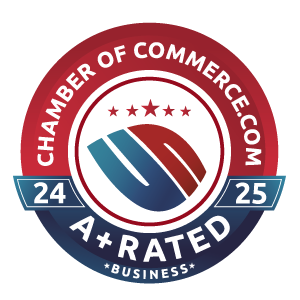For many Floridians, buying a home is an exciting milestone — but not everyone’s financial situation looks the same. Traditional mortgage programs are designed for W-2 employees with steady paychecks, while bank statement mortgages are a flexible option for self-employed professionals who don’t fit that mold.
If you’re wondering which type of loan suits your needs best, this guide breaks down the differences between bank statement loans and traditional mortgages, helping you decide which is right for your Florida home purchase in 2025.
What Is a Traditional Mortgage?
A traditional (conventional) mortgage is the most common loan type in the U.S. It’s typically offered by banks and lenders that follow guidelines set by Fannie Mae and Freddie Mac.
Borrowers qualify based on:
-
W-2 income and recent pay stubs
-
Two years of tax returns
-
Debt-to-income (DTI) ratio under 45%
-
Minimum credit score of 620+
These loans usually offer the lowest interest rates and can be ideal for salaried or hourly employees with consistent income.
What Is a Bank Statement Mortgage?
A bank statement mortgage is designed for self-employed borrowers, freelancers, and small business owners who earn income irregularly or take significant tax deductions. Instead of requiring W-2s or tax returns, the lender uses 12–24 months of bank statements to calculate your average monthly income.
This loan type provides a realistic picture of your financial health — especially if your taxable income doesn’t reflect your true cash flow.
Key Differences Between the Two Loan Types
| Feature | Traditional Loan | Bank Statement Loan |
|---|---|---|
| Income Proof | W-2s & pay stubs | Bank statements |
| Best For | Salaried employees | Self-employed borrowers |
| Credit Requirement | 620+ | 660+ (usually) |
| Down Payment | 3%–20% | 10%–20% |
| Interest Rate | Lower | Slightly higher |
| Documentation | Standard | Alternative documentation |
| Loan Flexibility | Moderate | High, for complex income |
In short, traditional loans reward predictability, while bank statement mortgages reward financial independence.
Who Should Choose a Bank Statement Loan?
This loan is ideal if you:
-
Own a business or work as a freelancer.
-
Have strong cash flow but limited taxable income.
-
Want to qualify based on real bank deposits.
-
Need flexibility for investment or second homes.
Bank statement loans are especially popular among Florida’s self-employed professionals — from real estate agents and consultants to hospitality and tech entrepreneurs — who may not qualify under strict conventional guidelines.
Who Should Choose a Traditional Loan?
Traditional mortgages are best for:
-
Borrowers with W-2 income and consistent employment.
-
Buyers looking for the lowest possible rate.
-
Homeowners planning to stay in one property long-term.
If your income is stable and easily verifiable, this option often results in lower monthly payments.
Pros and Cons of Each Option
Bank Statement Mortgage Pros:
-
No tax returns required.
-
Uses real income instead of deductions.
-
Flexible for business owners.
Bank Statement Mortgage Cons:
-
Slightly higher interest rates.
-
Larger down payments may be required.
Traditional Mortgage Pros:
-
Lower rates.
-
Easier to find and qualify for.
Traditional Mortgage Cons:
-
Strict income verification.
-
Doesn’t account for business write-offs.
Which Loan Is Right for You?
The best loan depends on your income structure and long-term goals. If you’re a self-employed buyer in Miami, Orlando, Tampa, or Jacksonville, a bank statement mortgage may be the perfect fit. If you’re a W-2 employee with consistent pay, a traditional mortgage likely offers the lowest cost.
Either way, partnering with a trusted Florida mortgage broker ensures you get the best advice and access to competitive lenders across both categories.
Final Thoughts
Both bank statement and traditional mortgages open doors to homeownership — they just cater to different financial realities. Understanding how each works empowers you to choose the loan that aligns with your lifestyle and income.
If you’re unsure which loan fits best, reach out to My Miami Mortgage Broker. Our experts will evaluate your financial profile and connect you with the right lender, helping you secure your dream home anywhere in Florida.






